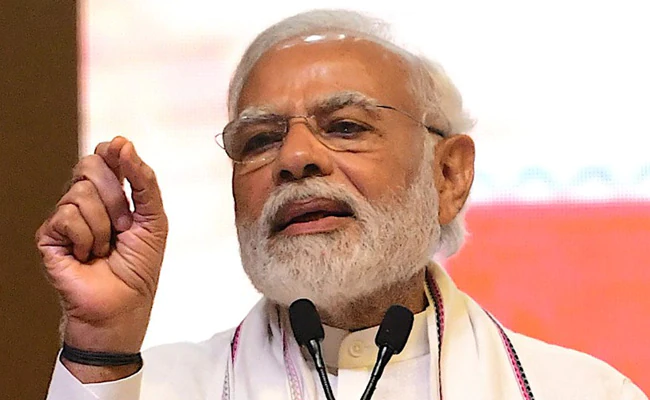The proposal, which has been put forth by none other than the esteemed Prime Minister Narendra Modi, a visionary leader known for his bold and ambitious initiatives, has ignited a fervent debate among citizens and political analysts alike. This proposal, aptly named “One Nation, One Election,” seeks to synchronize the Lok Sabha and state assembly elections, a move that has triggered a wave of apprehension and concern regarding the future of Indian democracy. The implications of this audacious endeavor are far-reaching and have left many pondering the potential consequences that lie ahead.
Detractors of this proposal, who have emerged from various corners of the political spectrum, argue that it would not only erode the autonomy of states but also severely limit the accountability of political parties. By aligning all elections, both at the national and state levels, the unique and diverse political landscape of India would be overshadowed and homogenized, effectively silencing the voices of smaller parties and regional interests. This would undoubtedly lead to a political environment that neglects the specific needs and concerns of the people, as the intricacies and nuances of each state’s issues would be overshadowed by the overarching national narrative.
Furthermore, the proposal raises serious questions about the very essence of democracy itself. With longer terms in office, politicians would face fewer opportunities to be held accountable by the electorate. The regularity of elections serves as a crucial mechanism for the people to voice their approval or dissent, ensuring that politicians remain committed to their promises and obligations. However, with the implementation of “One Nation, One Election,” the frequency of these opportunities would be significantly reduced, potentially leading to complacency among politicians who may feel less pressure to deliver on their commitments.
The implications of this proposal extend beyond the realm of accountability. The potential for corruption and misuse of power would be greatly amplified, as the lack of regular elections would limit the ability of the people to voice their dissent and demand change. The very essence of democracy lies in the power of the people to hold their representatives accountable, and by curtailing this fundamental right, the proposal threatens to undermine the very foundations upon which Indian democracy stands.
The push for “One Nation, One Election” by the esteemed Prime Minister Modi is a development that warrants serious consideration and skepticism. Its potential consequences are far-reaching and alarming, as it poses a direct threat to the principles of federalism, undermines the representation of regional interests, and significantly reduces the accountability of political parties. It is of utmost importance that this proposal be approached with caution and a critical eye, ensuring that the voices and concerns of the people are not silenced or overshadowed in the pursuit of efficiency and cost savings. The future of Indian democracy hangs in the balance, and it is imperative that we tread carefully and thoughtfully before making any decisions that could have irreversible consequences. The intricate tapestry of Indian democracy, woven with the threads of diversity and regional representation, must be preserved and nurtured for the betterment of the nation as a whole.
